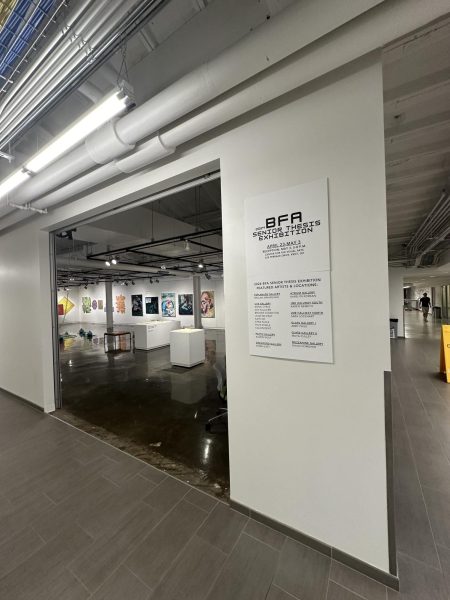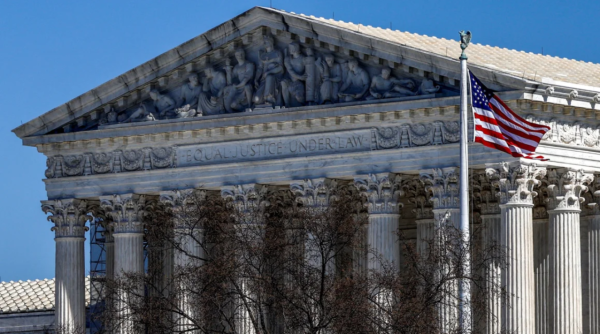Anti-Racism Task Force finishes research, submits findings of racism to university
February 6, 2022
The Kent State Anti-Racism Task Force wrapped up its research on anti-Black racism and discrimination present on campus, and reported over 100 findings to the university.
“We have had over 100 recommendations that have come to bear from the task force work itself, and now, we are in the process of prioritizing and implementing those recommendations,” Lamar Hylton, senior vice president of student affairs and co-chair of the task force, said.
Hylton added that the Division of Diversity, Equity and Inclusion is leading the next phase of those findings.
The formation of the task force sought to include voices at every level of campus life.
“We tried to gather a good range of both undergraduate students, graduate students, faculty, staff, people that work in more administrative roles as well, so that you have that good variety of input from across the university,” Anna Solberg, co-chair of the graduate and doctoral student life subcommittee, said.
Fifteen subcommittees were formed to address different aspects of campus life. Each subcommittee was responsible for compiling a list of problems facing the Black community that needed to be addressed.
“We had a number of breakout groups where we discussed, okay, what were the complaints, what were faculty complaints and concerns, how to better serve and address those issues posed by other students and faculty members,” Shandna Burroughs, a third year graduate student in the department of biomedical sciences and member of the mental health subcommittee, said.
Burroughs, a Ph.D. candidate in neuroscience, said the biggest issue brought up by Black students was the lack of adequate mental health services, citing the unique problems Black students may face due to experiencing discrimination.
Nearly two years ago, following a summer of civil unrest in response to treatment of Black people across the country and Kent State’s own racist incidents, university officials came together along with students, staff and faculty to address anti-Black racism on campus.
The Rock, a long-standing symbol of free speech on campus, became the medium for racist messages targeting the Black community in the summer and fall of 2020. The incident caused not only protests but also discussions of anti-racism and diversity efforts across Kent campuses.
Though no timeline is set for the implementation of changes, Burroughs expects some proposals to take as long as five years to come to fruition. In April of 2021, the university pledged $1 million toward the task force’s findings, according to an announcement from President Todd Diacon at a town hall meeting. The funds will be distributed by the Division of Diversity, Equity and Inclusion, though the department did not respond to KentWired’s request for comment.
Members of the task force are adamant about it not being a one-time thing, with some wanting to expand to other minority groups as well.
“It’s nice that they met our needs at our time,” Burroughs said. “But when things like this happen, the task force needs to assemble for everyone else too.”
Hylton said the university is committed to examining other populations in the future.
Alton Northup is a reporter. Contact him at [email protected].






















